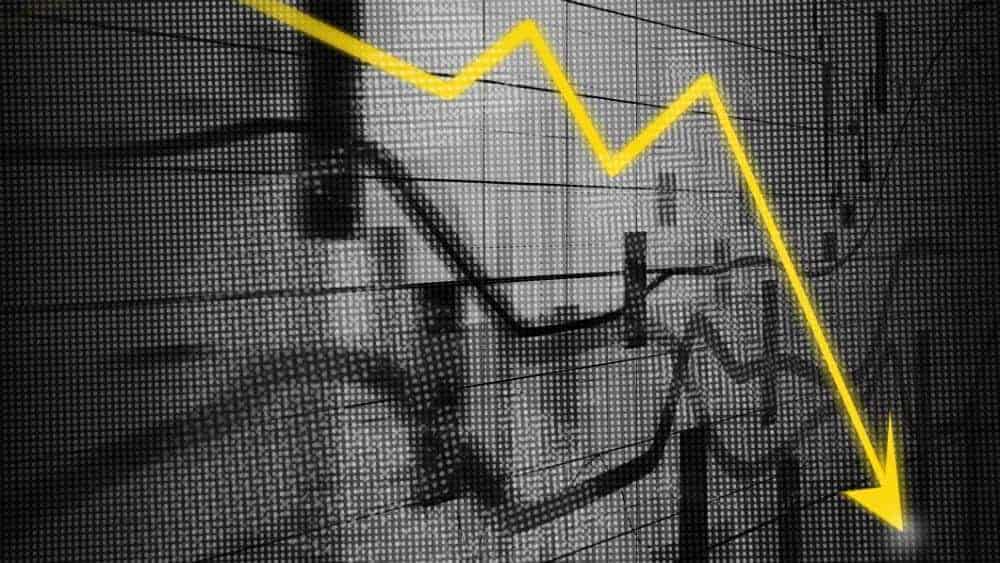The past five months have been a bumpy ride for investors with large holdings in the TSX. After crashing by 37%, the Canadian stock index has soared more than 40%. The TSX has been going up and down in the past week, with no clear direction. Mounting tensions between the U.S. and China are weighing on stock markets worldwide. Many analysts predict that a stock market crash will occur in the coming months.
You may wonder if you should make any change to your investments to prepare for an upcoming market crash. Even if you’re afraid of losing money, it’s better to not make drastic changes to your investment portfolios. Stock prices do not go up every day, month, or year.
If you are investing for retirement, stock declines can be an opportunity to buy stocks at lower prices. If you aren’t in the accumulation phase, now is a good time to review your current investments and modify your portfolio according to your risk tolerance.
Here are some tips to help you make the right investment decisions to meet your needs.
Don’t panic during a market crash
First, it’s important to not panic when you see your stocks drop in prices. Making drastic changes to your investment portfolio — like selling most or all of your stocks to put all your money into cash — might seem like a safe decision now, but such emotionally motivated decisions are rarely a good idea.
It’s important to have a long-term investment plan that you can stick to despite inevitable market fluctuations. Otherwise, you will be driven by your emotions, which often leads to buying stocks near market peaks and selling near market lows. You’ll never make money in the stock market by doing that.
If you are worried about a market crash, you should consider realigning your portfolio by reducing its percentage of stocks. If you have a low tolerance for risk, you will sleep easier and be better prepared for a bear market, which is defined as a 20% or more drop in stock prices, if you reduce your allocation to equities now. Adjusting your stock-to-bond ratio by 10% or 20% is a lot smarter than doing the “all-in” or “all-out” of any asset class.
If you don’t own any stocks, you could not have enough money to retire, as stocks usually have a higher return over the long-term than bonds. You might need to save more money or work more years to have enough money, which isn’t ideal.
Keep contributing to your RRSP
If you are still working, it’s a wise strategy to set aside more money in a RRSP before the end of the year. The RRSP deduction limit for the 2019 tax year is 18% of your pre-tax earned income for 2019, or $26,500, whichever is less.
Whether stock prices are going up or down, it’s wise to fund your RRSP as much as possible every year you work. What you save can have a much greater impact on your ability to meet your retirement goals than your portfolio returns. Saving gives you more control over your financial future.
The stock market will experience large swings from time to time, but don’t let the daily ups and downs discourage your long-term investment plans. Keep making periodic investments, even during a market crash. They will pay off down the road. Always remember that staying invested in the market generally leads to better investment results in the long run than trying to time the market.









